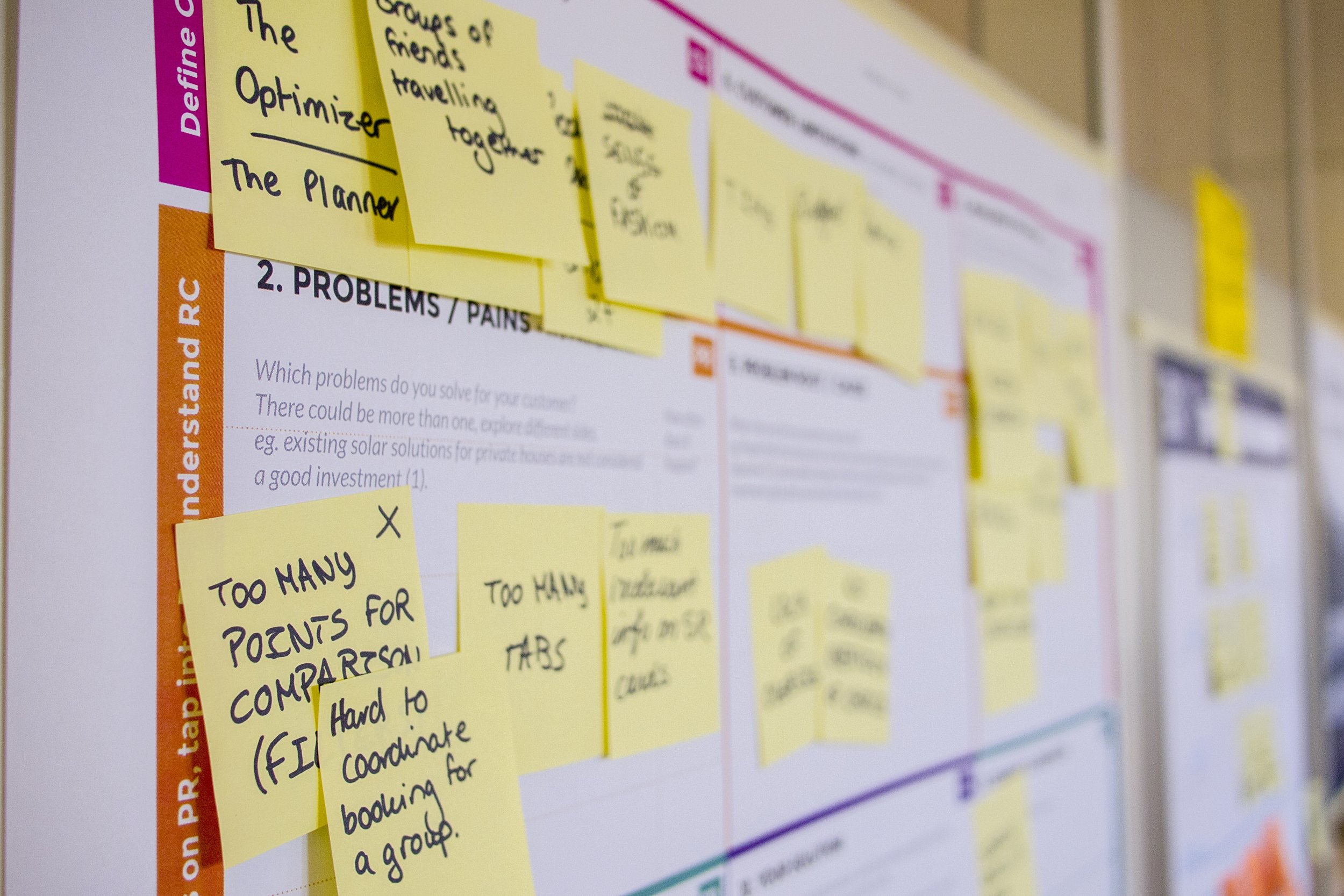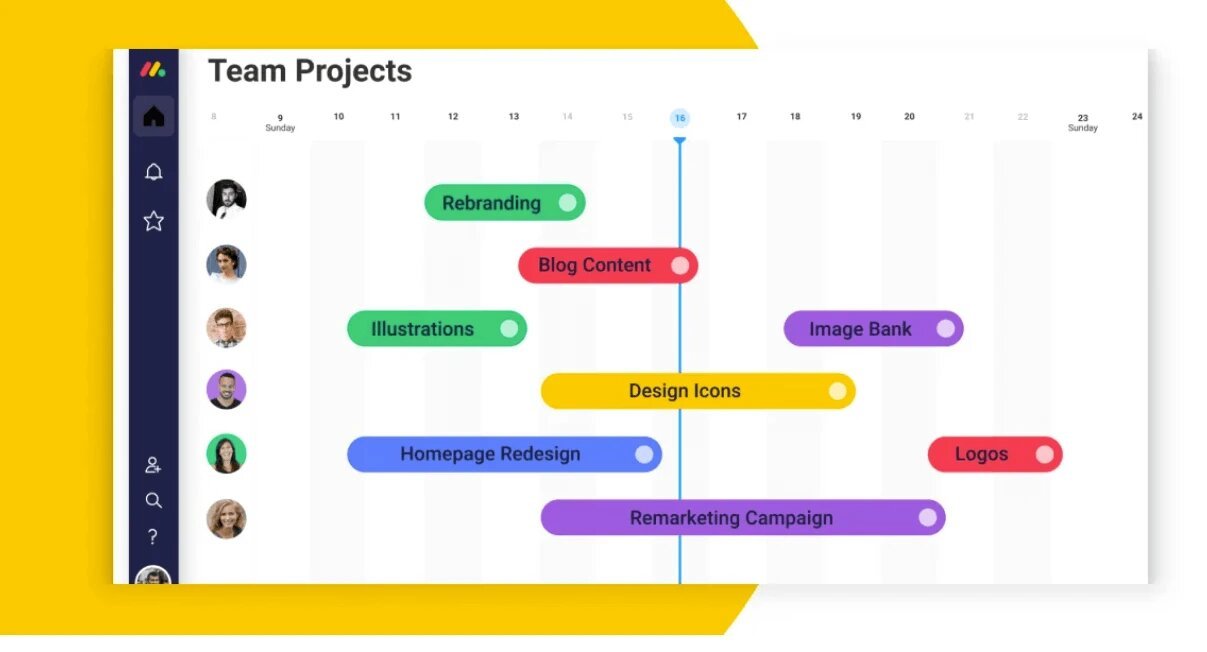Choosing the Right Project Management Tool: A Comprehensive Guide
In today's fast-paced business world, effective project management is a critical component of success. Whether you're working on a small team or managing complex, large-scale projects, having the right project management tool can make a world of difference. With an abundance of options available, choosing the best tool for your specific needs can be a daunting task. In this comprehensive guide, we'll walk you through the key considerations and steps to select the perfect project management tool for your organization.
Understand Your Project Needs
Before you start evaluating project management tools, it's crucial to understand your project needs and goals. Different projects require different sets of features and functionalities. Here are some questions to help you clarify your requirements:
What type of projects do you manage?
How large is your team, and will the tool need to accommodate multiple teams or departments?
What are your project management goals (e.g., improving collaboration, tracking progress, resource allocation)?
What level of customization and scalability do you require?
Do you need specific reporting and analytics features?
Are there any compliance or security requirements to consider?
By gaining a clear understanding of your project's unique needs, you'll be better prepared to select a tool that aligns with your objectives.
Consider Ease of Use
User-friendliness is a crucial factor in choosing a project management tool. If a tool is overly complicated or requires extensive training, it may hinder adoption and efficiency. Look for a tool that offers an intuitive interface and easy navigation. Ideally, it should support a straightforward onboarding process for your team.
You’ll also need to consider the tool's compatibility with your team's skill levels. Some tools are designed for technical users, while others are more user-friendly and accessible for all team members. Finding a balance between power and simplicity is key.
Define Your Budget
Project management tools come in a wide range of pricing structures, from free options to high-end, premium solutions. It's essential to define your budget and determine how much you're willing to invest in a project management tool. Keep in mind that the cost is not just the initial subscription but also ongoing costs, including support and potential training expenses.
While free tools may be tempting, they often come with limitations in terms of features, scalability, and support. It's crucial to strike a balance between cost and the value a tool brings to your projects. A paid tool that provides essential features and excellent support can often deliver a better return on investment.
Assess Collaboration Features
Effective collaboration is at the heart of successful project management. Look for tools that offer a range of collaboration features to streamline communication and cooperation among team members. These features may include:
Task assignments and ownership
Real-time chat and messaging
File sharing and document management
Commenting and discussion threads
Team calendars and scheduling
The goal is to enhance transparency and keep everyone on the same page. Strong collaboration features can significantly improve team productivity and project outcomes.
Explore Integration Capabilities
In today's interconnected business landscape, integration capabilities are vital for project management tools. You'll likely be using other software applications for various tasks, such as time tracking, invoicing, or customer relationship management. A project management tool that can seamlessly integrate with these other tools can save time and improve efficiency.
Consider the range of integrations available with a tool, especially if you have existing systems in place. Popular integrations include those with communication tools like Slack or Microsoft Teams, productivity software like Microsoft Office or Google Workspace, and development tools like Jira or GitHub. The ability to connect your project management tool with other software can create a unified and streamlined workflow.
Evaluate Reporting and Analytics
Effective project management relies on data-driven decision-making. Look for a project management tool that provides robust reporting and analytics features. These should enable you to track project progress, identify bottlenecks, and assess team performance.
Key reporting features to consider include:
Customizable dashboards
Gantt charts for visual project timelines
Burndown charts for tracking progress
Resource allocation reports
Budget and expense tracking
By leveraging these reporting and analytics capabilities, you can make informed decisions to keep your projects on track and on budget
Consider Mobile Accessibility
In today's mobile world, having access to your project management tools on the go is increasingly important. Ensure that the project management tool you select offers mobile apps or a mobile-responsive interface. This enables team members to stay updated and collaborate even when they're not at their desks.
Mobile accessibility is particularly crucial for teams that work remotely or in the field. Whether it's checking the status of a task, providing updates, or accessing project documents, a mobile-friendly tool can enhance productivity and communication.
Review Security and Compliance
Depending on your industry and the sensitivity of your projects, security and compliance may be top priorities. Ensure that the project management tool you choose meets your organization's security requirements. Look for features like:
Role-based access control
Data encryption in transit and at rest
Compliance with industry standards (e.g., GDPR, HIPAA, ISO 27001)
Regular security audits and updates
Prioritizing security and compliance can help protect your sensitive data and maintain the trust of your clients and stakeholders
Check Out User Reviews and Recommendations
Before making a final decision, it's valuable to seek user reviews and recommendations from other organizations or teams that have used the project management tool you're considering. Online reviews, testimonials, and case studies can provide insights into the tool's real-world performance and user satisfaction.
Additionally, reach out to colleagues, partners, or industry peers who have experience with project management tools. They may offer valuable insights and recommendations based on their firsthand experiences.
Enroll in a Trial Period and Support
Finally, before committing to a project management tool, make use of any trial or demo options available. Testing the tool with a smaller group of users can help you evaluate its suitability and compatibility with your organization's needs.
Additionally, consider the level of customer support and training options provided by the tool's vendor. Access to responsive support and training resources can make a significant difference in the successful adoption and utilization of the tool.
Try Monday.com For Project Management
One of the easiest project management tools to onboard your team with is Monday.com. Its intuitive and customizable interface allows you to tailor workflows to your specific needs, making it an excellent choice for teams of all sizes. With features like task tracking, progress monitoring, and automated notifications, it streamlines project management, helping your team stay organized and efficient. Monday.com's robust integrations with other popular apps also enhance productivity, making it an essential tool for enhancing teamwork and project success. To learn more about its capabilities, schedule a free consultation call, or sign up today for your free account.
Choosing the right project management tool is a critical decision for your organization's success. By thoroughly assessing your needs, considering user-friendliness, budget, collaboration, integration capabilities, reporting, mobile accessibility, security, and support, you can make an informed choice that enhances your team's efficiency and productivity. Remember that the ideal project management tool should be tailored to your specific projects and business requirements, and it can evolve and grow with your organization as it progresses toward its goals. Learn more about transforming your operations with a seamless project management integration with Groove Consulting.
About the Author, Paris Picard
Paris started Groove Consulting after spending over 8 years working for tech startups supporting local businesses. Paris is based in Denver, Colorado and resides with her husband and dog (Margot). Her vast experience in implementing systems for various segments and verticals has enabled her to build successful GTM teams, expand businesses internationally, and run product betas, making her well-versed in the dos and don'ts of the industry. Paris is passionate about helping companies overcome challenging projects by delivering solutions that exceed expectations. Her commitment to getting things right the first time has earned her a reputation as a reliable and trustworthy partner for businesses. Click here to get a free 20-minute strategy session.




